WandaVision made me fall in love with television again — and proves binge-watching must die
WandaVision has renewed my interest in TV the way it was meant to be
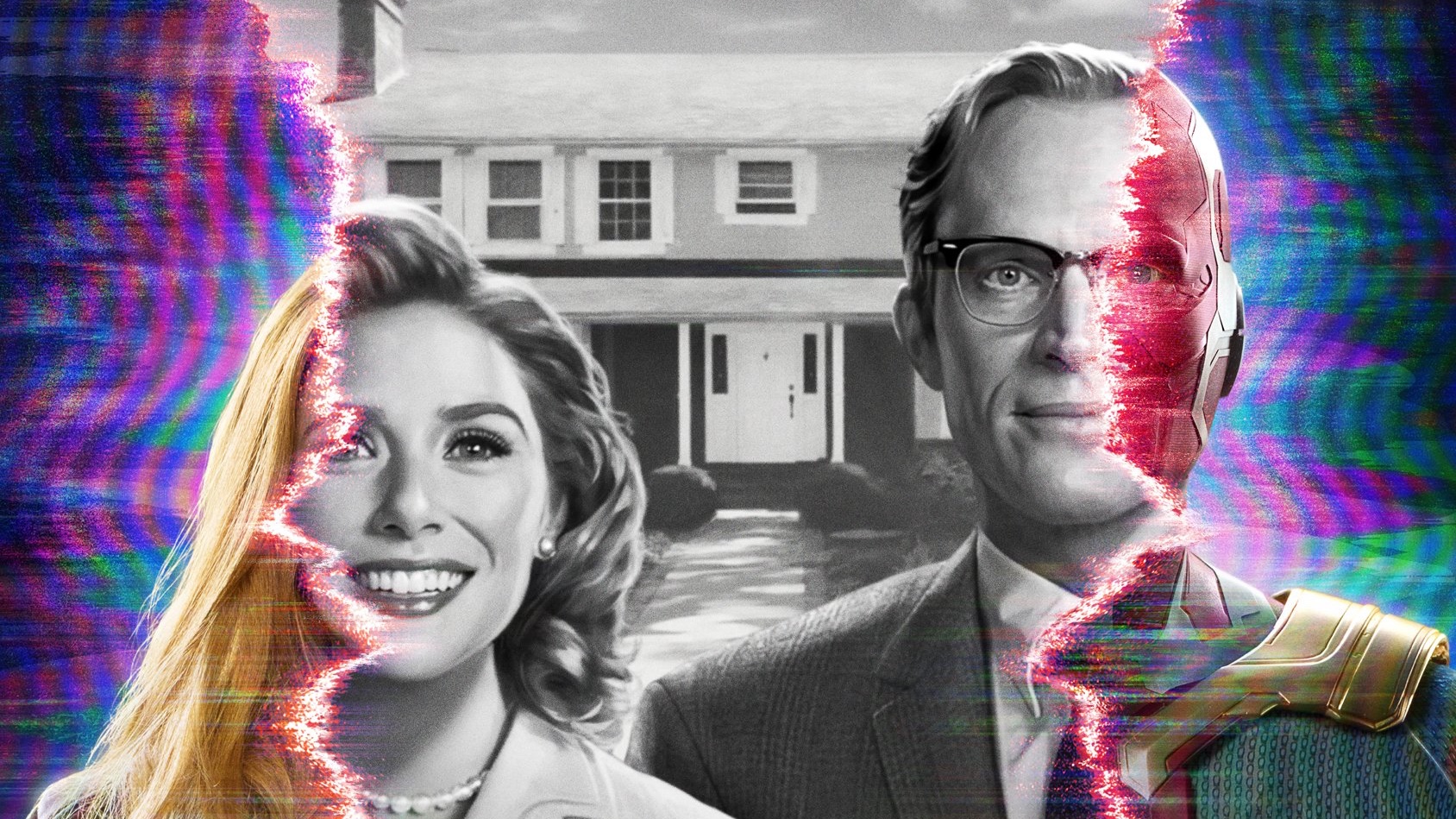
The term ‘golden age of television’ gets used a lot these days, and yet I’ve found myself watching less and less TV with each passing year.
Global phenomenons like Game of Thrones and Stranger Things have blurred the line between screens both silver and small. Now, there has never been more to watch, with networks and tech conglomerates competing for your attention.
- New on Netflix March 2021: Shows, movies and original series
- Disney Plus review
- Plus: WandaVision just raised the bar for Falcon and Winter Soldier — maybe too high
The prestige (and average budget) of television as a medium has increased dramatically. Some of the finest talent in the entertainment industry can now be found producing content that will be viewed in living rooms rather than auditoriums.
Yet, despite this boom in quality, I’ve found myself increasingly disillusioned with the format. Netflix was first to introduce the binge-watching model, where all episodes of a series would be released the same day. This upended the traditional television model, which aimed to keep viewers coming back week-on-week. But often, I find Netflix’s binge-watching model overwhelming, often watching a handful of episodes only to stop after quickly burning out.
That was until Disney Plus dropped its surrealist superhero spinoff titled WandaVision. It completely revitalized my interest in television by harking back to what made the format great in the first place.
The Streaming Wars
Streaming has completely upended the television market. It’s forced studios to compete fiercely with compelling content in a bid to drive up subscriber dollars. Not only that, every genre and subgenre is also gettings its own streaming service, with studios directly targeting its most ardent fans.
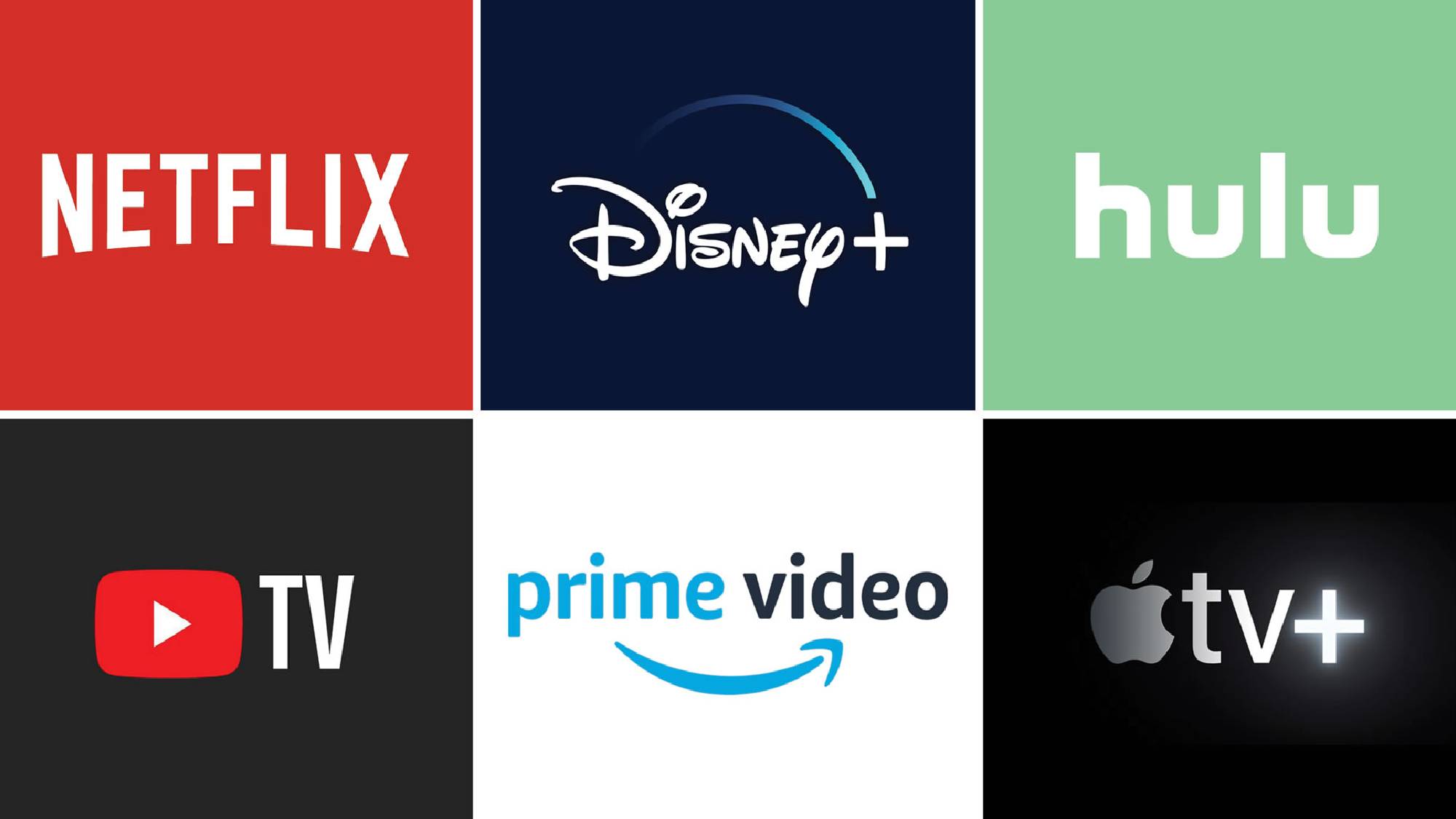
It’s got to the point now where it’s not an irregular occurrence for someone to mention a streaming service to me that I’ve never even heard of — remember the days when it was basically just Netflix and Prime Video?
Sign up to get the BEST of Tom's Guide direct to your inbox.
Get instant access to breaking news, the hottest reviews, great deals and helpful tips.
While the streaming revolution has had a hugely positive effect in making content more accessible, not to mention mostly outlawing the antiquated ad-break, its also dramatically changed how content is fed to us. And not necessarily for the better.
The problem with binging
I’m just going to come right out and say it, binge-watching is the worst way to consume television.
It’s basically antithetical to TV’s biggest strength, which is delivering a story in manageable chunks that can be properly digested before the next episode comes the following week.
Netflix, in particular, pioneered the binge-watching model by dropping whole seasons of original content at once. Viewers basically enter an unintentional arms race to rush through series as fast as possible for fear of stumbling across spoilers online.
Watching multiple episodes of a television show back-to-back sucks all the drama, tension, and mystery out of a series. Each episode blends into the next and the nuance of slowly unfolding character arcs or story beats are lost as you rapidly hit ‘play next’ without pausing to reflect on what you’ve just seen.
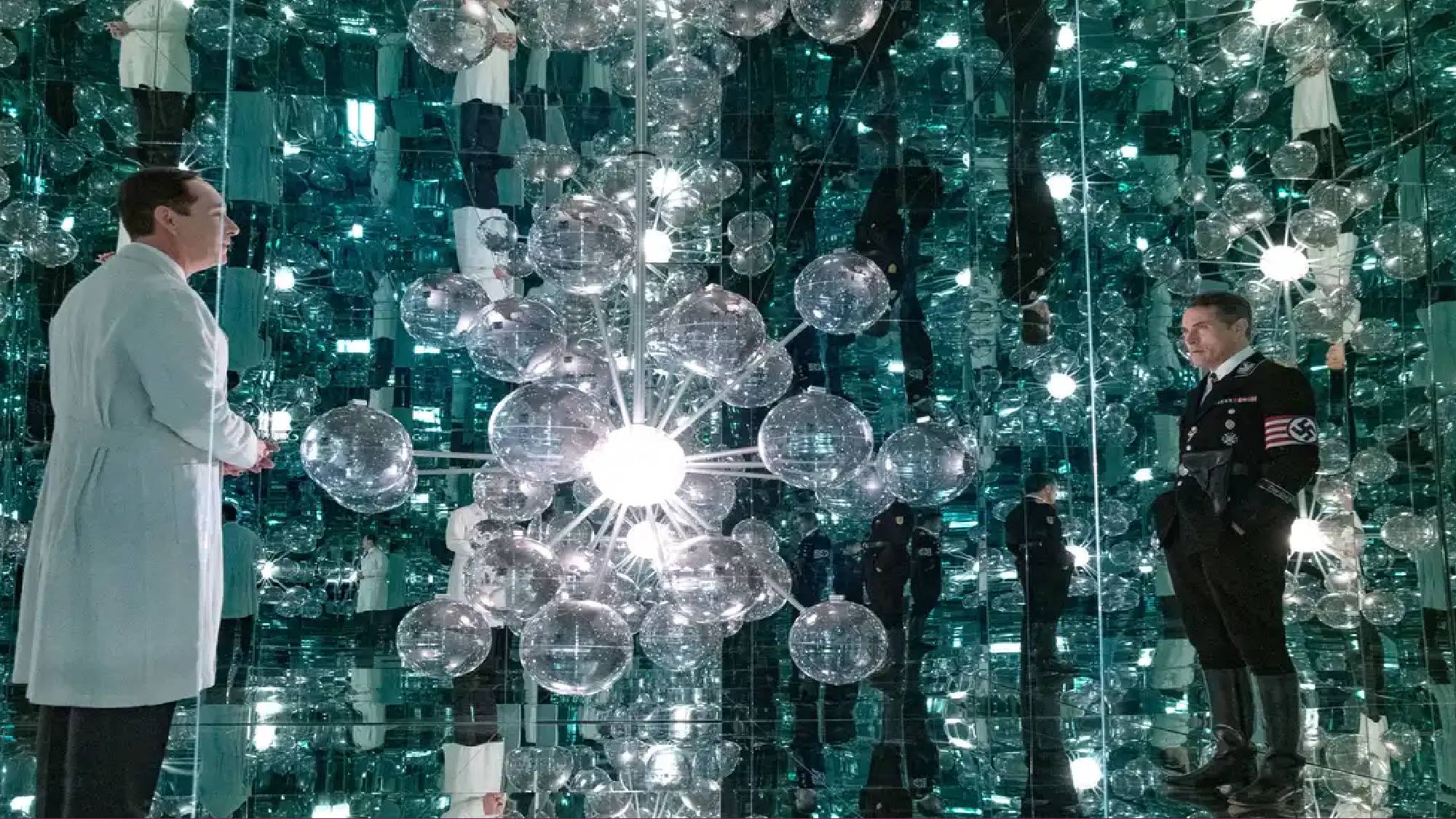
Great television shows like The Queen’s Gambit and The Man in the High Castle deserve to be recognized for the artist achievements both represent, but it’s a shame that the majority of people likely consumed the shows in just a few days before immediately looking for something else to binge.
Made to savor not sprint through
When Disney Plus announced it was going to be releasing its first original Star Wars series, The Mandalorian, on a weekly basis, the decision was met with derision by some.
Critics claimed it was a stalling tactic due to fears that viewers would unsubscribe from the service en masse once they’d burnt through the meager original content offering.
However, it was an inspired decision. The Mandalorian was not only a global smash hit right out of the gate, but every single week its popularity would be reignited as a new episode dropped.
Shows like Prime Video's The Boys captured the social media conversation for a weekend. The Mandalorian dominated it for basically two months.
It’s no surprise Disney opted to keep the same release strategy for shows tied to the Marvel Cinematic Universe.
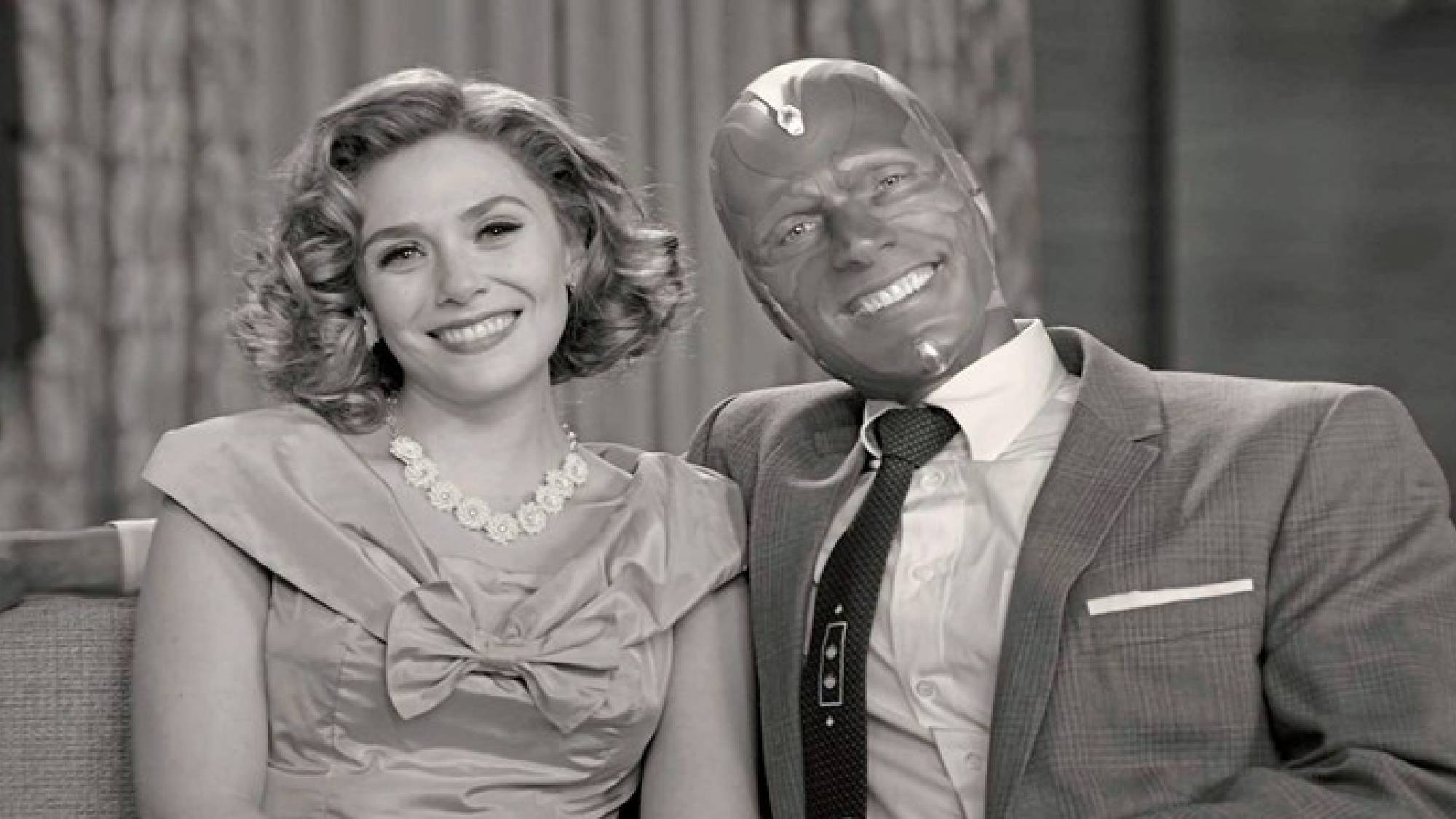
While this release strategy certainly worked well for The Mandalorian, it has completely transformed my viewing experience of WandaVision. It elevated what is a good show in its own right, to one of the best viewing experiences I’ve ever had.
I’ve had more conversations about individual episodes of WandaVision over the last few weeks than I’ve had about basically every single television series I’ve watched in the last five years combined.
I’ve crawled through internet forums, reading fan theories that have ranged from the plausible to the downright idiotic. Zoom calls with friends have become heated contests of theories and themes, dissecting what big twists could mean for the future of the Marvel Cinematic Universe (MCU). My life has literally reoriented around WandaVision’s Friday episode drops.
In short, watching WandaVision each week has been the experience that television is supposed to be. Instead of burning through the nine episodes in a weekend, I’ve had time to dissect and ponder how each revelation will ripple through the episodes to come.
It’s been an experience that calls back to television shows like LOST, or the first four seasons Game of Thrones, where the debate in-between episodes was almost as enjoyable as watching the show itself.
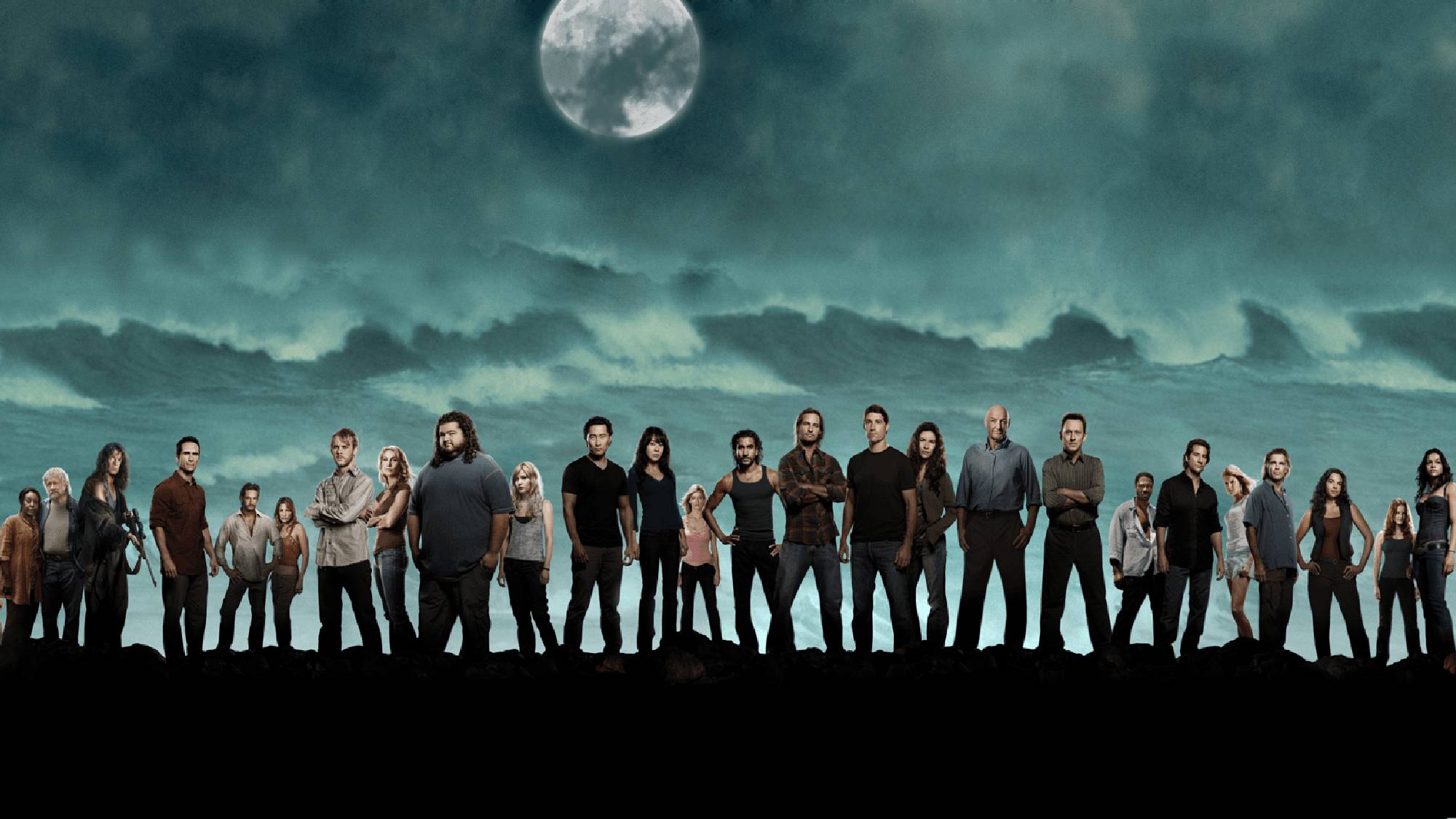
It helps that WandaVision was clearly written with the intention of a weekly release schedule, as almost every single episode has ended with a dramatic cliff-hanger. One ending was so impactful that I physically sat up and exclaimed with frustration when the credits rolled such was my desperation to see what happened next — it’s exactly the response that a television show should illicit!
I can genuinely say that my experience watching WandaVision would not have been half as enjoyable had the whole season been dropped at once. I would have binged all episodes over the release weekend, looked up a few fan theories on Sunday night and by Monday morning the show would be far from my mind.
Instead, WandaVision has wormed its way into my thoughts just about every day since the first episode dropped. The quality of the show should also be applauded, as the release schedule alone doesn’t make a good program.
The piecing out of content is a powerful tool that can elevate the viewing experience. When Stranger Things season 4 or The Witcher season 2 release later this year, I genuinely hope episodes release weekly rather than all at once.
In the meantime I'm looking forward to discussing, debating, and dissecting the next MCU show on Disney Plus, The Falcon and the Winter Solider.

Rory is an Entertainment Editor at Tom’s Guide based in the UK. He covers a wide range of topics but with a particular focus on gaming and streaming. When he’s not reviewing the latest games, searching for hidden gems on Netflix, or writing hot takes on new gaming hardware, TV shows and movies, he can be found attending music festivals and getting far too emotionally invested in his favorite football team.
